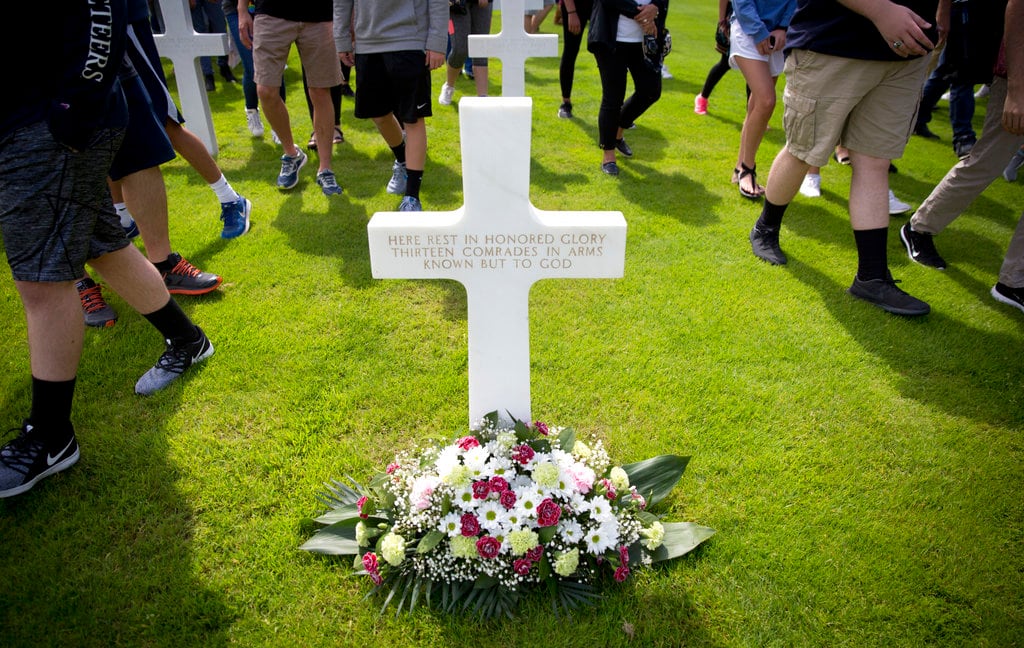Following feedback from prospective soldiers, the Army is working to make its career progression models more flexible and allow more lateral options, the service’s top personnel policy official told Congress on Wednesday.
“Gen Z...they’re looking for flexible career paths,” explained Dr. Agnes Gereben Schaefer, the service’s assistant secretary for manpower & reserve affairs, citing marketing and recruiting research. “[That] would cause us to sort of shift away from our hierarchical, siloed career paths that we currently have to more of a ‘jungle gym’ model.”
Schaefer’s remarks, made to the House Armed Services Committee’s personnel subcommittee, highlighted one of several systemic challenges the branch faces in overcoming an ongoing recruiting crisis that has afflicted all services, as well as potential solutions.
RELATED

The Army will likely take its first steps toward implementing its ballyhooed recruiting reform plan before the new year, and the service’s top leaders are deliberating draft formal guidance this week, according to a document shared with Army Times.
But Schaefer’s testimony Wednesday suggests that fixing the service’s recruiting structures and practices won’t be a silver bullet.
“They’re looking for [flexibility],” she said of today’s applicant pool. “So we are trying to infuse some more of that flexibility.”
Although Schaefer did not provide details on how the Army may alter its career progression system, the current model is rigid and can discourage lateral moves between career fields.
Recent changes like the implementation of talent marketplaces have provided troops with increased say in their next job, but their options are usually restricted to roles that will accept members of their current occupational specialty. Switching between career fields is at best a burdensome bureaucratic process, per service regulations.
Most enlisted soldiers aiming to transfer either must reenlist or remain at the mercy of Human Resource Command’s “in/out calls” that base voluntary reclassification eligibility on each occupational specialty’s manning needs for soldiers of their rank. Mid-career officers may request a new field through the Voluntary Transfer Incentive Program, but their applications are approved or denied by a centralized board based on performance, potential, manning needs and more.
Davis Winkie covers the Army for Military Times. He studied history at Vanderbilt and UNC-Chapel Hill, and served five years in the Army Guard. His investigations earned the Society of Professional Journalists' 2023 Sunshine Award and consecutive Military Reporters and Editors honors, among others. Davis was also a 2022 Livingston Awards finalist.





